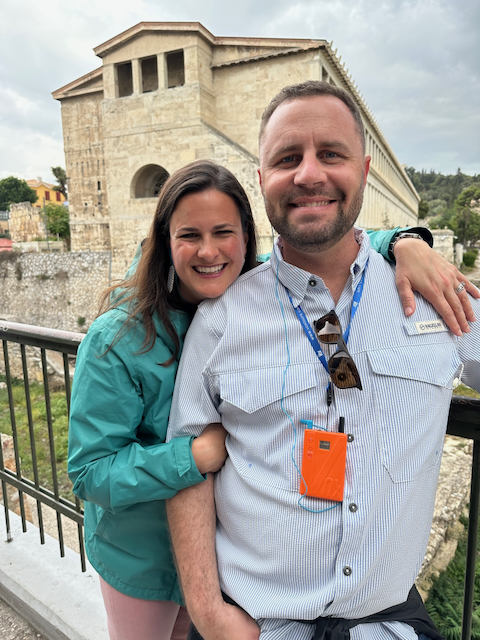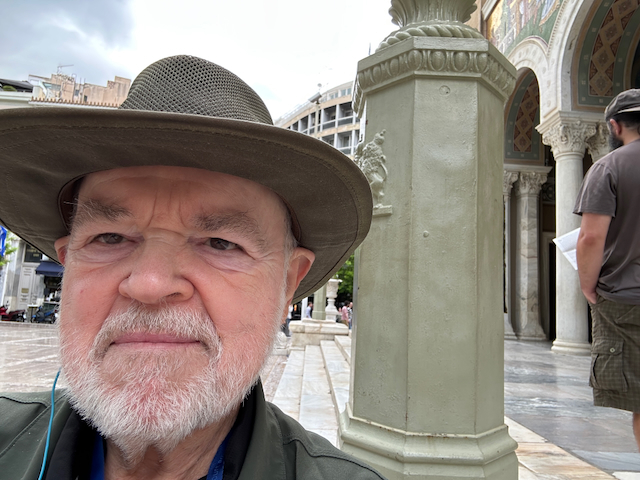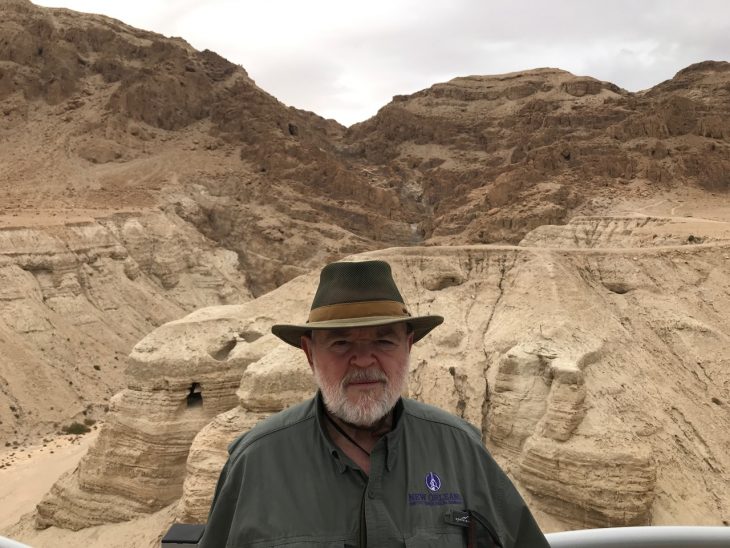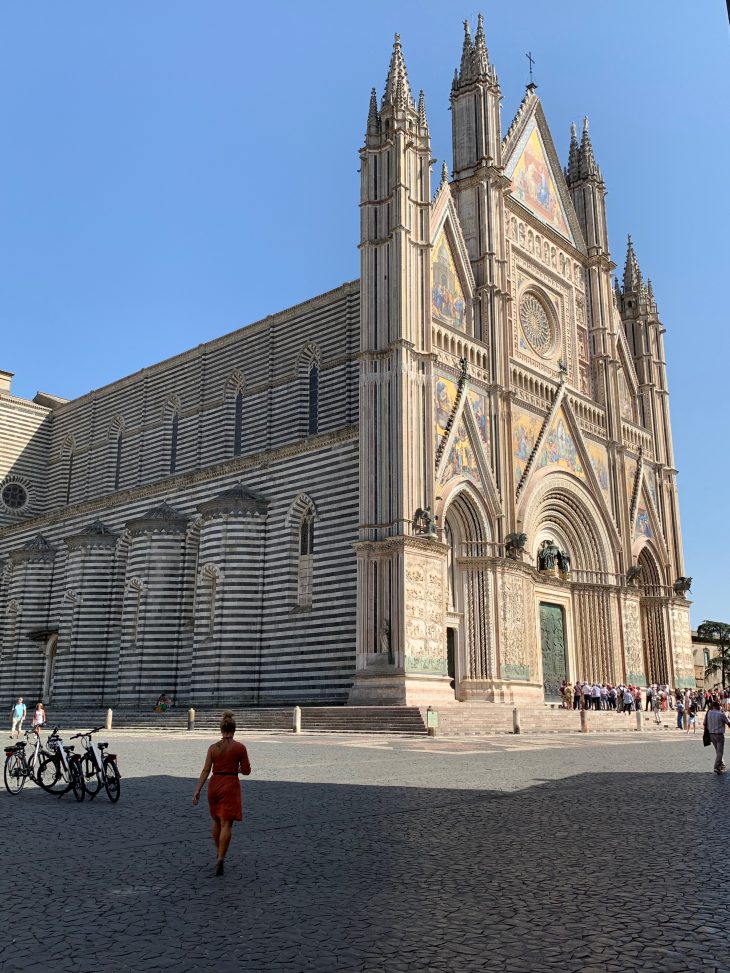“But you are a chosen race, a royal priesthood, a holy nation, a people for his own possession,
that you may proclaim the excellencies of him who called you out of darkness into his marvelous light.”
1. “But you are a chosen race” – John 15:16 – “You did not choose me, but I chose you and appointed you that you should go and bear fruit and that your fruit should abide…”
You are selected by God, not by human merit.
Begin each day in gratitude that God chose you.
Live with confidence in God’s plan and purpose for your life.
2. “A royal priesthood” – Revelation 1:6 – “And made us a kingdom, priests to his God and Father, to him be glory and dominion forever and ever. Amen.”
You are royalty and have spiritual authority through Christ.
Approach God with reverence and confidence. Represent God in the world with humility and holiness.
3. Priestly Access to God – Hebrews 4:16 – “Let us then with confidence draw near to the throne of grace, that we may receive mercy and find grace to help in time of need.”
You can come directly to God in prayer. Make it a sacred appointment, not a duty.
Be mindful that you walk with divine access and purpose.
4. Priestly Intercession – 1 Timothy 2:1 – “First of all, then, I urge that supplications, prayers, intercessions, and thanksgivings be made for all people…”
You are called to pray for others.
Keep a list of people to intercede for. Speak blessings, not curses, over people.
5. Royal Representation – 2 Corinthians 5:20 – “Therefore, we are ambassadors for Christ, God making his appeal through us. We implore you on behalf of Christ, be reconciled to God.”
You represent the Kingdom of Heaven. Ask God to refine your heart for pure representation.
Treat your life as a visible sermon.
6. “A holy nation” – Leviticus 20:26 – “You shall be holy to me, for I the Lord am holy and have separated you from the peoples, that you should be mine.”
Holiness means being set apart for God’s use. Ask God to purify and consecrate your life.
Say no to compromise and yes to obedience.
7. Citizenship in Heaven – Philippians 3:20 – “But our citizenship is in heaven, and from it we await a Savior, the Lord Jesus Christ.”
Your highest loyalty is to God’s kingdom. Reflect on your eternal home, not just earthly struggles.
Live by Kingdom values in a fallen world.
8. “A people for his own possession” – Deuteronomy 7:6 – “For you are a people holy to the Lord your God. The Lord your God has chosen you to be a people for his treasured possession…”
You are treasured by God. – Rest in His love and ownership of your life.
Let God’s value of you shape how you treat others.
9. Identity in Christ – Galatians 2:20 – “I have been crucified with Christ. It is no longer I who live, but Christ who lives in me…”
Your identity is grounded in Jesus. Let your identity in Christ shape your thoughts.
Don’t seek the approval of the world—seek God’s pleasure.
10. You Belong to God – Isaiah 43:1 – “Fear not, for I have redeemed you; I have called you by name, you are mine.”
You are secure in God’s ownership. Receive His love, not fear.
Live fearlessly and faithfully as His possession.
11. “That you may proclaim” – Psalm 107:2 – “Let the redeemed of the Lord say so, whom he has redeemed from trouble.”
You are saved to speak. Worship and declare God’s greatness aloud.
Look for opportunities to speak of God’s goodness.
12. Proclaiming the Gospel – Romans 1:16 – “For I am not ashamed of the gospel, for it is the power of God for salvation to everyone who believes…”
Your life proclaims the gospel message. Meditate on the power of the gospel.
Share your testimony freely.
13. “The excellencies of him” – Psalm 145:5 – “On the glorious splendor of your majesty, and on your wondrous works, I will meditate.”
God’s character and works are excellent. Reflect deeply on who God is.
Respond to His excellence with praise and integrity.
14. Living a Worshipful Life – Romans 12:1 – “I appeal to you…to present your bodies as a living sacrifice, holy and acceptable to God, which is your spiritual worship.”
Your whole life is worship. Surrender your body and day to God.
Make every action an offering of praise.
15. “Who called you out of darkness” – Colossians 1:13 – “He has delivered us from the domain of darkness and transferred us to the kingdom of his beloved Son…”
You no longer live under sin’s dominion. Thank God for His rescuing grace.
Resist old patterns; walk in the light.
16. Into His Marvelous Light – John 8:12 – “Again Jesus spoke to them, saying, ‘I am the light of the world. Whoever follows me will not walk in darkness but will have the light of life.’”
Following Jesus brings clarity and truth. Ask God to enlighten your mind through Scripture.
Daily Walk: Walk in integrity, guided by truth.
17. From Darkness to Light – Ephesians 5:8 – “For at one time you were darkness, but now you are light in the Lord. Walk as children of light.”
Transformation is total, not partial. Declare that you are no longer who you were.
Let light expose any hidden sin and walk in freedom.
18. Called by God – 2 Timothy 1:9 – “Who saved us and called us to a holy calling, not because of our works but because of his own purpose and grace…”
Your calling is sacred and grace-filled. Ask God to confirm His call on your life.
Pursue your calling with humility and focus.
19. A Holy Responsibility. – Titus 2:14 – “Who gave himself for us to redeem us… and to purify for himself a people for his own possession who are zealous for good works.”
Holiness leads to action. Let the Word purify and equip you.
Be zealous in love, service, and integrity.
20. Living as Royal Priests Daily – Matthew 5:16 – “Let your light shine before others, so that they may see your good works and give glory to your Father who is in heaven.”
Your life is a light for others to see God. Ask God to shine through you today.
Be deliberate in goodness, showing Christ by how you live.
Summary: How to Implement in Quiet Time and Daily Walk
- Quiet Time:
- Begin with thanksgiving for your identity.
- Engage with Scripture as a priest before God.
- Intercede for others, worship, and realign with your calling.
- Daily Walk:
- Represent God with holiness, love, and bold witness.
- Serve others, speak truth, and live as light.
- Walk in the dignity and purpose of your royal priesthood.
“Living as Royal Priests”
1 Peter 2:9. “But you are a chosen race, a royal priesthood, a holy nation, a people for his own possession, that you may proclaim the excellencies of him who called you out of darkness into his marvelous light.”
“The Christian life doesn’t begin with a decision. It begins with a revelation—that God is enough.”
1 Peter 2:9—is a revelation. It tells us who we are, not based on what we’ve done, but on what God has declared.
We’re not crawling our way up to God. We’re not figuring out our identity. God has already spoken. The world tries to name you: failure, addict, nobody. But God calls you chosen. God calls you royal. God calls you His own.
This sermon is not about trying harder. It’s about seeing clearer. When we see who God says we are, we’ll start walking like we believe it.
I. You Are Chosen
“But you are a chosen race…”
This isn’t about personal preference. It’s about divine initiative.
John 15:16 – “You did not choose me, but I chose you and appointed you that you should go and bear fruit.”
This means you’re not here by accident. You’re not saved by mistake. God didn’t glance around and settle for you. He chose you.
Implication:
- If God chose you, then rejection from the world doesn’t define you.
- If God chose you, then no failure can un-choose you.
Ron Dunn would say: “God’s choice of you didn’t begin with your performance, so it’s not undone by your failure.”
Application:
Start your quiet time with this: “I am chosen by God. I didn’t earn it. He gave it.”
Let that truth crucify your insecurity.
II. You Are Royal and Priestly
“A royal priesthood…”
That’s not poetic language—it’s theological fact. You have access and authority.
Revelation 1:6 – “And made us a kingdom, priests to His God and Father.”
Royalty means authority—priesthood means access.
You’re not waiting in the outer courts. You’re not trying to get God’s attention. You’ve been granted full access to His presence.
Hebrews 4:16 – “Let us then with confidence draw near to the throne of grace…”. You don’t need a priest—you are one. You don’t need a system—you have a Savior. “You already have all of God you’re ever going to get. The issue is not possession—it’s participation.” Start your day not with begging, but with boldness.
Live like someone who knows the King personally. Pray like someone with inside access.
III. You Are Set Apart – “A holy nation…”. Holiness doesn’t mean isolation—it means identification. You’ve been set apart for something. You were pulled out so God could send you into.
Leviticus 20:26 – “You shall be holy to me, for I the Lord am holy and have separated you from the peoples, that you should be mine.”
Implication:
You’re not like the world because you don’t belong to the world.
You’re not here to blend in—you’re here to stand out.
Ron Dunn said: “The greatest testimony to the power of God is not a changed circumstance—it’s a changed person in the same circumstance.”
Application:
Holiness begins in your quiet time. Let God search your heart. Let Him prune, purify, set apart.
Walk into your day with moral clarity. Refuse compromise. You belong to God.
IV. You Are His Possession
“A people for His own possession…”
This is covenant love. God doesn’t just forgive you—He claims you. You are not rented. You are owned.
Deuteronomy 7:6 – “The Lord your God has chosen you to be a people for His treasured possession.”
Implication:
You are not your own. You were bought with a price.
You don’t have to build your worth. God already named your value.
“The devil whispers, ‘You don’t belong.’ God says, ‘You’re mine. That’s the final word.’”
Application:
Start each morning saying: “I belong to You.” Let that truth fight the lies of shame, performance, and fear.
Live like someone who is God’s treasure.
V. You Have a Purpose
“That you may proclaim the excellencies of him…”
God didn’t just call you from something—He called you for something.
You were not saved to sit. You were saved to speak.
Not everyone is a preacher, but everyone is a proclaimer.
Psalm 107:2 – “Let the redeemed of the Lord say so…”
Implication:
Your life is the megaphone. Your testimony is the sermon.
Your worship is a witness.
Ron Dunn once said: “A quiet Christian is a contradiction. We don’t shout to be heard—we proclaim because we’ve seen.”
Application:
Use your quiet time to recall God’s goodness.
Enter your day ready to proclaim—not in arguments, but in actions, kindness, and confidence. Let your life shout His excellencies.
VI. You Were Called Out of Darkness
“…who called you out of darkness into his marvelous light.”
You didn’t climb your way into the light. You were called—pulled—rescued.
Colossians 1:13 – “He has delivered us from the domain of darkness and transferred us to the kingdom of his beloved Son.”
Implication:
The light you live in is a miracle. Never forget what He pulled you out of.
Don’t walk like you’re still in chains.
Ron Dunn would say: “You don’t have to fight for victory. You fight from victory. The darkness is behind you.”
Application:
Let your quiet time be a place of light—speak truth, expose sin, rejoice in grace.
Walk today as a child of the light—visible, unashamed, and clear.
Conclusion: Live Like Who You Are
God doesn’t build identity based on effort. He gives it based on grace.
You’re not fighting for status—you’re walking in it.
- You are chosen—walk confidently.
- You are royal—pray boldly.
- You are holy—live purely.
- You are His—rest securely.
- You are called—speak fearlessly.
“You Are”
You are not forgotten.
You are not forsaken.
You are not secondhand.
You are not broken beyond repair.
You are chosen.
You are not a stranger.
You are not a beggar.
You are not without a place.
You are not invisible to heaven.
You are royal.
You are not dirty.
You are not common.
You are not disqualified.
You are not what you were.
You are holy.
You are not drifting.
You are not random.
You are not owned by the world.
You are not without covering.
You are His.
You are not mute.
You are not silent.
You are not lost in shadows.
You are not hiding.
You are called to the light.
Lord God,
You have chosen us, called us, and claimed us.
Let this truth settle in our souls.
Help us to walk as royal priests—with courage, with compassion, with conviction.
Let our quiet times be places of light and honesty.
Let our daily steps reflect Your ownership and Your grace.
Let our words proclaim Your excellence in a world full of darkness.
Thank You for pulling us out and setting us apart.
We are Yours.
In Jesus’ name, Amen.











